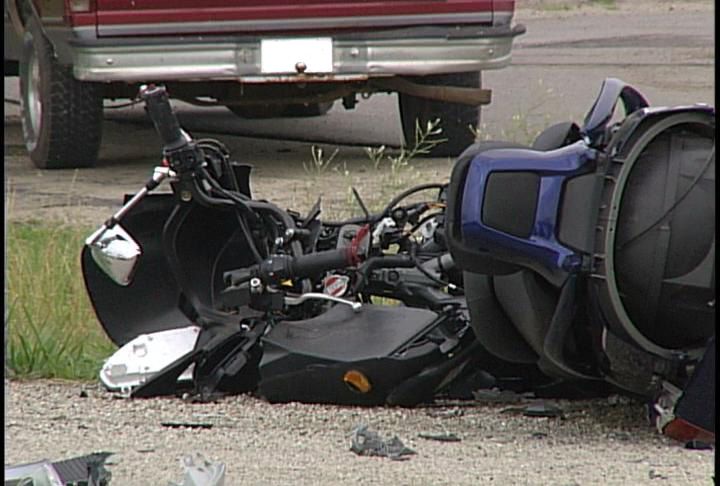In the wake of recent fatal car accidents, the focus of concern is on restricting licences for young car drivers. However, according to data supplied by the Royal Cayman Islands Police Service (RCIPS), a disproportionate number of the fatalities in 2006 involved motorcycle riders.
Of the 14 fatalities, 10 involved the drivers or occupants of motor vehicles, three involved motorcyclists and one involved a Segway two-wheeled Personal Transporter.
All three of the motorcyclists were riding high-powered machines, the riders were aged 20, 33 and 36-years-old.
The accidents all happened in the first three months of the year during the late afternoon and early evening.
One local motorcyclist, with over 30 years experience, expressed concern that the figures were so high: "“Typically, you would expect the figures to be higher because bikers are more vulnerable. In the USA motorcycles make up about 2% of vehicle registrations but account for about 5% of road deaths,” he explained, adding, “My guess would be that the percentage of motorcycles on Grand Cayman is roughly the same but we have over six times as many deaths.”"
In the United Kingdom, attempts to reduce casualties amongst motorcyclists centred around the introduction of tougher tests and the concept of Compulsory Basic Training (CBT). This requires training under the direct supervision of an instructor who rides with the students on his own motorcycle and is in radio contact with them.
Enquiries at the Vehicle and Licensing Department indicate that, although there are restrictions on motorcycle licenses, there is no mandatory training.
The provisional motorcycle licence, granted after a basic handling test at the centre in Walkers Road, covers the rider for machines up to 125cc. After two years the holder can take another test which entitles them to ride any size of motorcycle.

